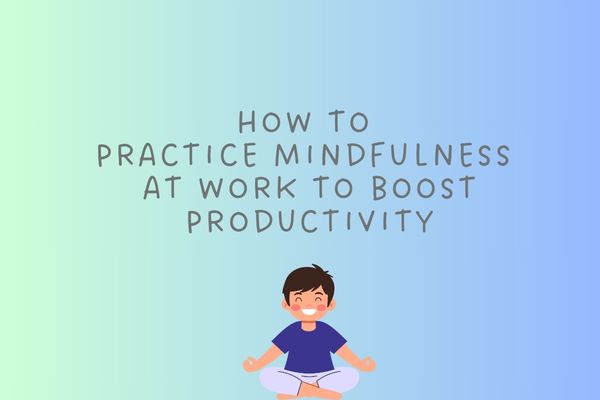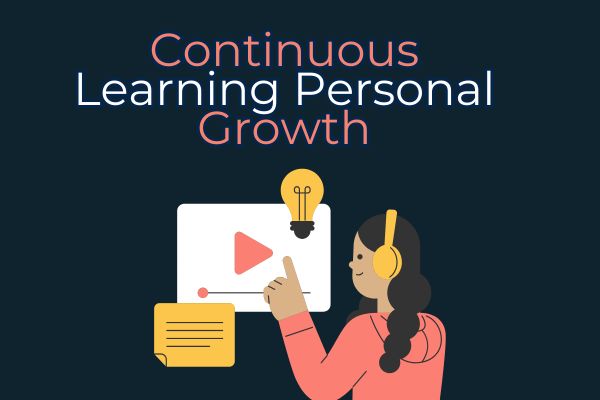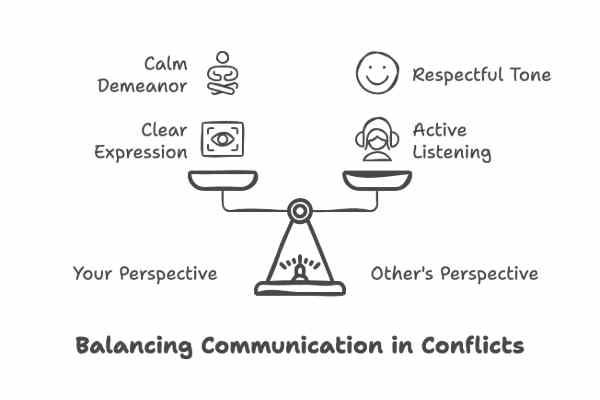Life is a series of moments—some extraordinary, most ordinary. Yet, hidden within the mundane routines, casual conversations, and everyday challenges lies a treasure trove of wisdom waiting to be uncovered. The ability to transform ordinary experiences into valuable life lessons is not just a skill; it’s an art that enriches personal growth, fosters resilience, and deepens self-awareness.
1. The Power of Perspective: Seeing the Extraordinary in the Ordinary
Why Ordinary Moments Matter
Ordinary experiences—like waiting in line, cooking a meal, or chatting with a neighbor—often feel forgettable. However, these moments shape our habits, relationships, and worldview. By shifting your perspective, you can recognize their potential as teaching tools.
Example: A delayed train ride isn’t just an inconvenience; it’s an opportunity to practice patience or observe human behavior.
Cultivating Mindfulness in Daily Life
Mindfulness—the practice of being fully present—is key to unlocking lessons in ordinary moments. When you engage actively with your surroundings, you notice details that others overlook.
Action Steps:
- Pause and observe your environment with curiosity.
- Ask yourself: “What can I learn from this situation?”
- Reflect on how your emotions or reactions reveal deeper truths about your values.
2. Reframing Challenges as Opportunities
The Role of Adversity in Growth
Ordinary challenges—like a disagreement with a friend or a missed deadline—are ripe with lessons. Instead of dismissing them as setbacks, reframe them as opportunities to grow.
Case Study:
A failed project at work teaches resilience, teamwork, and the importance of adaptability—skills more valuable than temporary success.
Shifting from Autopilot to Active Learning
Many people navigate life on autopilot, reacting to situations without reflection. Break this cycle by asking reflective questions:
- “What triggered my frustration in that moment?”
- “How could I handle this differently next time?”
Tip: Keep a journal to track patterns in your reactions and decisions.
Also check: 5 Life Lessons We Can Learn from Failure
3. Extracting Lessons Through Self-Reflection
The Art of Journaling
Writing is a powerful tool for processing experiences. By journaling regularly, you create space to dissect events and uncover hidden insights.
Prompts to Get Started:
- “What surprised me today?”
- “When did I feel most alive or drained?”
- “What small victory can I celebrate?”
Identifying Patterns and Themes
Over time, your reflections will reveal recurring themes—like recurring conflicts or sources of joy. These patterns highlight areas for growth or affirmation.
Example: If you often feel anxious in crowded spaces, explore whether this reflects a deeper need for solitude or control.
4. Learning from Others: The Hidden Curriculum of Relationships
Every Interaction as a Mirror
People around us—family, coworkers, strangers—act as mirrors, reflecting our strengths, insecurities, and blind spots. Pay attention to how others’ behaviors or words affect you.
Exercise: After a conversation, ask:
- “What did this interaction teach me about myself?”
- “How can I approach similar situations with more empathy?”
The Wisdom of Humble Sources
Life lessons aren’t reserved for mentors or experts. A child’s honesty, a stranger’s kindness, or a colleague’s work ethic can all offer profound insights.
Story: A barista who remembers your coffee order teaches the value of attentiveness in building connections.
5. Embracing Imperfection and Experimentation
Failure as Feedback
Ordinary mistakes—burning dinner, forgetting a task—are low-stakes laboratories for learning. Instead of berating yourself, ask:
- “What worked, and what didn’t?”
- “How can I adjust my approach next time?”
Mindset Shift: View imperfection as data, not defeat.
The Courage to Try New Approaches
Routine breeds comfort, but experimentation sparks growth. Challenge yourself to break small habits—like taking a different route to work—to practice adaptability.
Bonus: Novel experiences stimulate creativity and problem-solving skills.
6. Translating Lessons into Action
Setting Intentions for Growth
Insights mean little without application. After identifying a lesson, create actionable steps to integrate it into your life.
Example: If you realize you’re quick to judge others, set a goal to practice active listening in conversations.
Building a Feedback Loop
Regularly review your progress. Celebrate successes and adjust strategies for challenges.
Tool: Use a habit-tracking app or calendar reminders to stay accountable.
7. Sharing Your Story: Teaching Others Through Experience
The Ripple Effect of Shared Wisdom
When you articulate your lessons, you solidify your understanding and inspire others. Share insights through conversations, social media, or mentoring.
Tip: Use storytelling to make lessons relatable. For instance, “I learned the importance of patience when…”
Creating a Legacy of Learning
Your accumulated wisdom becomes a gift to future generations. Document lessons in letters, videos, or a personal blog to preserve them.
Conclusion: The Lifelong Journey of Learning
Turning ordinary experiences into life lessons isn’t about grand gestures; it’s about cultivating curiosity, reflection, and courage in the small moments. By embracing this mindset, you transform everyday life into a classroom where growth is constant and wisdom is limitless.
Start today: Pick one ordinary moment from your day and ask, “What can this teach me?” The answers might just change your life.





